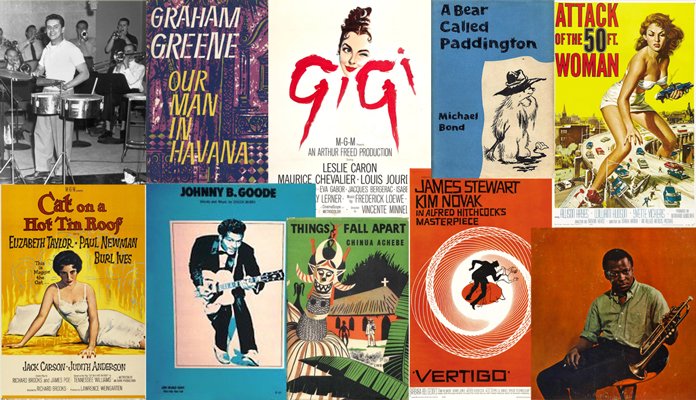Charles Stross and Cory Doctorow are both professional writers, both write science fiction and near-future stories along with contributing to magazines and other publications. They both have strong feelings about a new app called Clean Reader, which “sanitizes” eBooks by bowdlerizing the text on the fly to allow sensitive (or neo-Victorian) readers to avoid getting the vapours by being exposed to foul language. Charlie thinks this violates the writer’s Moral rights:
Mangling an author’s text is a clear violation of the author’s Moral rights, an element of copyright which is very weak in the United States and very strong elsewhere (primarily in civil law jurisdictions). (The moral right is the right of an author to be identified as the creator of a work, and for the work represented as their creation to be unaltered by other hands, so that the relationship between creator and created work is clear.) Mangling an author’s text may be legal or illegal in the USA, depending on whether it occurs before or after sale. After all, I can’t stop you buying one of my books and editing it with a sharpie: it’s a physical object and according to the first sale doctrine, it’s yours to do with as you wish. I may be able to legally stop you modifying an ebook, though: ebooks are not sold but a limited license to download and use them is granted in exchange for money — a fine legal distinction that was borrowed from the software business’s tame sharks — and that limited license may permit or deny such usage.
Clean Reader claim to get around this by (a) being a licensed distributor (they provide the app and sell books for it sourced from PageFoundry, a distributor who back-end onto various publishers), and (b) the censorship is performed on the reader device by the reader app, once the book has been purchased and downloaded. There’s a bunch of case law around whether or not it’s legal to do this to movie rentals or downloads, or legal to skip advertisements in recorded programming on your TiVo—it gets murky fast. But let’s suppose they’re right and what they’re doing (“protect the children! At any cost! From naughty words like ‘breast’ and ‘fuck’!”) is legal.
Speaking as an author who deeply resents the idea of his books being mutilated to fit the prejudices of a curious reader’s blue-nosed and over-protective parents (hint: I write for adults — if you don’t think my books are suitable for your or your child’s tender eyes, don’t buy them), what can I do about this?
On the other hand, Cory also hates it but will “defend to the death your right to censor”:
It’s a truism of free expression that if you only defend speech you agree with, you don’t believe in free expression. That doesn’t mean you have to defend the content of the expression: it means you have to support the right of people to say stupid, awful things. You can and should criticize the stupid, awful things. It’s the distinction between the right to express a stupid idea, and the stupidity of the idea itself.
I think Clean Reader is stupid. I think parents who want to ensure that their kids don’t see profanity have fucked up priorities.
I think readers should be allowed to skip my foreword and author bio. I think they should be able to search out their favorite passages and read them out of order.
I think racist readers should be allowed to make an index of “scenes that racists find disturbing,” so that other racists can avoid them. I think those racists are fools and worse for doing it, and I will condemn them if they do. I just won’t say they’re not allowed to do it. A rule that says this kind of list is prohibited would also prohibit a the same list, compiled by anti-racist activists, under the heading, “Scenes with which to annoy racists.”
Shortly after putting this post together on Friday, I got a link from John Lennard to this article in the Guardian:
The Clean Reader app, launched by a couple in Idaho in the US, has announced that after significant feedback from authors, many of whom did not want their work being sold in connection with the app, it has “taken immediate action to remove all books from our catalogue”.
Clean Reader set out to enable customers to, in its own words, “read books, not profanity”. A filter could be applied to ebooks purchased from its online store, which exchanged words that were judged to be offensive with alternatives.
Profanities such as “fucking” and “fucker” became “freaking” and “idiot”, “hell” became “heck” and “shit” became “crap”, according to an analysis of the app by Jennifer Porter. It was not only swear words that Clean Reader scrubbed out of books: Porter, who ran a series of romance novels through the app, found that body parts were also replaced. “Penis” became “groin”, “vagina” was swapped for “bottom” and “breast” changed to “chest”. Exclamations such as “Jesus Christ” became “geez”, “piss” became “pee”, “bitch” became “witch” and “blowjob” was switched with the euphemistic “pleasure”.
Update: Added the link to Cory Doctorow’s post at Boing Boing.






